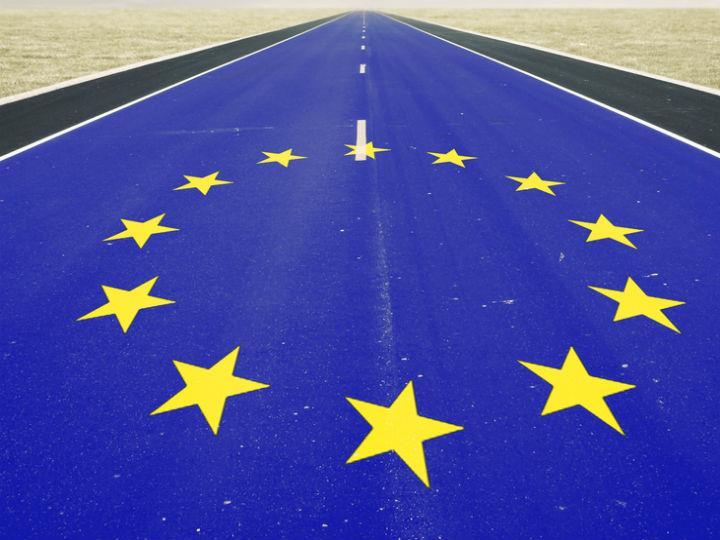by Alexandra Brzozowski and Theo Bourgery
Against the backdrop of geopolitical tensions, European and Chinese senior officials held high-level trade talks on Tuesday (19 July), but remained silent over an investment deal frozen by disputes.
The discussions between Chinese Vice Premier Liu He and European Commission Executive Vice President Valdis Dombrovskis were “pragmatic”, “candid” and “efficient”, the Chinese Commerce Ministry said in a statement after the virtual talks.
“The two sides will strengthen communication and coordination of macroeconomic policies, increase cooperation in global food and energy security and other fields, and jointly promote global economic and financial stability,” the statement added.
The last round of such dialogue was in July 2020 and was also led by Dombrovskis and Liu, focusing on the Comprehensive Agreement on Investment (CAI) between Brussels and Beijing, a landmark investment pact.
However, the ratification of the pact had been frozen since 2021, when Beijing imposed sanctions on EU politicians in response to Western sanctions against Chinese officials accused of mass detentions of Muslim Uyghurs in China’s Xinjiang.
Tensions deepened further in 2022 when Beijing suspended imports from Lithuania after the Baltic county let Taiwan open a de facto embassy in Vilnius. Beijing regards the democratically ruled island as its own territory.
Most recently, the EU had voiced dismay over China’s refusal to condemn Russia’s invasion of Ukraine, with EU leaders calling on China in April not to “turn a blind eye” to what Russia calls a “special military operation”.
There was no mention of Ukraine and Russia or the tensions over Lithuania’s move in the Chinese statement.
Instead, Beijing said it agreed to coordinate economic policies with the bloc, liberalise trade and investment, increase “mutual openness” and further open up its financial sector; no mention was made of the frozen pact.
Turmoil over alleged summit invites
In response to controversy over whether China had unilaterally invited European leaders to meet with President Xi Jinping in Beijing in November, the both the French and Chinese governments issued a firm denial.
On Monday, the South China Morning Post reported that French President Emmanuel Macron, German Chancellor Olaf Scholz, Italian Prime Minister Mario Draghi and Spanish Prime Minister Pedro Sanchez had been invited, “according to a senior source familiar with the situation.”
“There never was an invitation sent out. The dialogue continues at the EU level, following on from the EU-China summit last May”, an Elysee official said, with Beijing officials also dismissing the information as false.
The Chinese government has also dismissed the information as false.
*first published in:www.euractiv.com




 By: N. Peter Kramer
By: N. Peter Kramer

